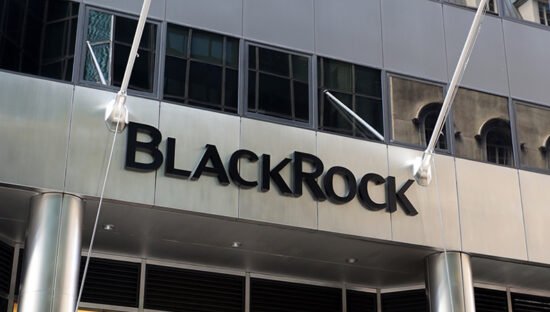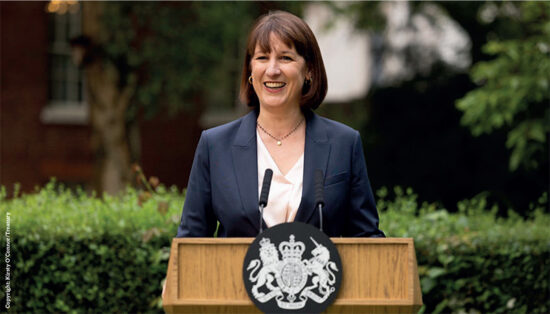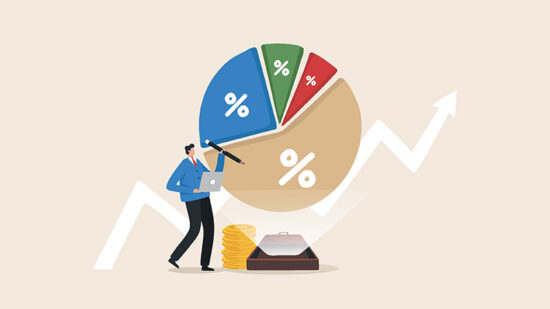In this harsh environment offshore daily traded equities and discretionary fund managed collectives all fell dramatically. The effect was compounded by the fact they largely hadn’t been faring too well in the more favourable conditions running up to this.
Investors were losing money and looking to their independent financial advisers for direction. Liquidity was available but at substantially discounted prices eroding years of saving and planning.
The stage was set for the emergence of non-correlated and easily understood asset classes that would continue performing in adverse macro-economic conditions. Brandeaux was the first in this space with a mirror fund link to Royal Life International, and many more followed over the next decade. These funds were not commonly available to the investing public and so allowed independent advisers to offer an “added value “service.
Knee-jerk reaction
In the wake of some frauds and scandals, due diligence and analysis became more thorough and all more or less went well until 2013. Then a succession of high profile fund closures sparked a run of redemptions and the inevitable domino effect of “alternative” fund failures. With the benefit of hindsight it was plain that this was going to happen – in general offshore IFAs had allowed their client portfolios to become disproportionately exposed to non-mainstream funds.
It is important to understand why these funds failed or closed, and it’s here there are widespread misconceptions. Did they close because they were “alternative “or because they dealt any less frequently than daily? There is compelling evidence that they failed not for those reasons, but because of inherent conflicts of interest between the fund manager and asset manager being one and the same entity. This creates a potential disincentive to sell assets to meet redemptions. It also means that as a manager you don’t need fund margins since that’s not where you make the main profit. In this case, fund fees can all be paid away to independent third party distributors who can be ill informed and have no personal accountability.
At Coral we didn’t have this conflict of interest and not only did we survive, pay out all redemptions on time but we also continued to perform very strongly. This was not only testament to stated liquidity strategy and quality of the assets but also the strict regulatory framework under which we operate. EU regulatory rules have investor contingencies in the event of closure and under AIFMD the issue of conflict of interest is specifically covered.
Now the dust has settled there has been a knee jerk market response with disproportionate exposure to DFM, daily traded equity funds and deceptively simple structured products. This strategy has its place as a part of a well-managed portfolio but as the sole strategy it is just a vulnerable as it was back in 1998. It only takes one global event to spark a negative macro-economic crisis. The situation is even more pronounced now with numerous geo-political scenarios and the speed of communication threatening rapid global contagion.
A significant commercial difference for offshore IFAs and their investors now is that DFM and daily traded equity funds are readily available in the online retail market. Offering them as the entire investment option negates the added value of independent advice.








